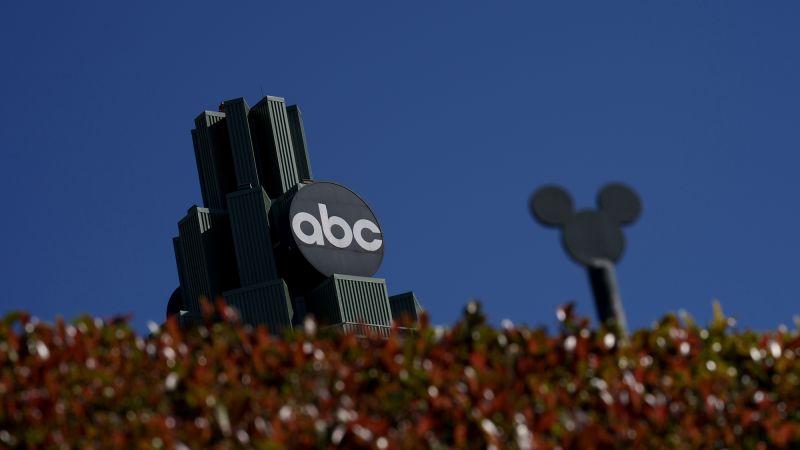
The Murky Waters of Corporate DEI: A Regulatory Deep Dive
The world of corporate social responsibility is constantly evolving, and lately, one area has found itself under intense scrutiny: Diversity, Equity, and Inclusion (DEI) initiatives. While widely lauded for their intentions – fostering a more equitable and representative workforce and promoting a culture of belonging – the implementation and impact of these programs are increasingly becoming a battleground, sparking debate and even regulatory investigations.
One recent development has highlighted this growing tension. A major media conglomerate, a household name synonymous with family entertainment, is now facing a federal investigation into its DEI policies. The investigation centers on concerns that these policies, while aiming to improve representation and fairness, may inadvertently violate existing regulations.
The core of the issue lies in the complex interplay between a company’s commitment to social responsibility and its obligations under broadcasting licenses and other regulatory frameworks. The argument raised by the investigators suggests a potential conflict: that certain DEI initiatives, while promoting internal equity, might inadvertently compromise the objectivity or impartiality required of licensed broadcasters.
This isn’t about questioning the merit of DEI goals themselves. The pursuit of a diverse and inclusive workplace is widely accepted as a positive step towards social progress. However, the investigation raises crucial questions about the *methods* used to achieve these goals. Are there specific DEI practices that, while well-intentioned, could be interpreted as favoring certain viewpoints or groups over others, potentially leading to biased content or programming?
The investigation likely focuses on examining the company’s internal processes, including hiring practices, content creation guidelines, and employee training programs. Are these programs demonstrably fair and transparent, or do they create pathways that potentially disadvantage certain individuals or groups? The subtle lines between proactive inclusion and potentially discriminatory practices are being carefully examined.
The potential ramifications of this investigation extend far beyond the specific company involved. It sets a significant precedent for other corporations, particularly those holding broadcasting licenses or operating in highly regulated sectors. The outcome could significantly impact how companies design and implement their DEI initiatives, potentially leading to stricter guidelines and more rigorous oversight.
This situation also raises broader questions about the regulation of corporate social responsibility. While the goal of promoting DEI is laudable, the mechanisms for achieving it require careful consideration to avoid unintended consequences. The investigation underscores the need for a nuanced approach that balances the imperative of creating a fair and inclusive environment with the need to maintain regulatory compliance and ensure impartiality. The fine line between promoting diversity and potentially violating existing laws needs to be carefully navigated, and this investigation forces a much-needed conversation about the best way forward.
The coming months will reveal the outcome of this investigation and its implications for corporate DEI across the board. The focus will likely remain on whether the company’s efforts genuinely promote diversity and inclusion or if they inadvertently create imbalances that violate regulatory mandates. The conversation promises to be contentious and complex, underscoring the delicate balance between social responsibility and legal compliance in the modern business environment.



Leave a Reply